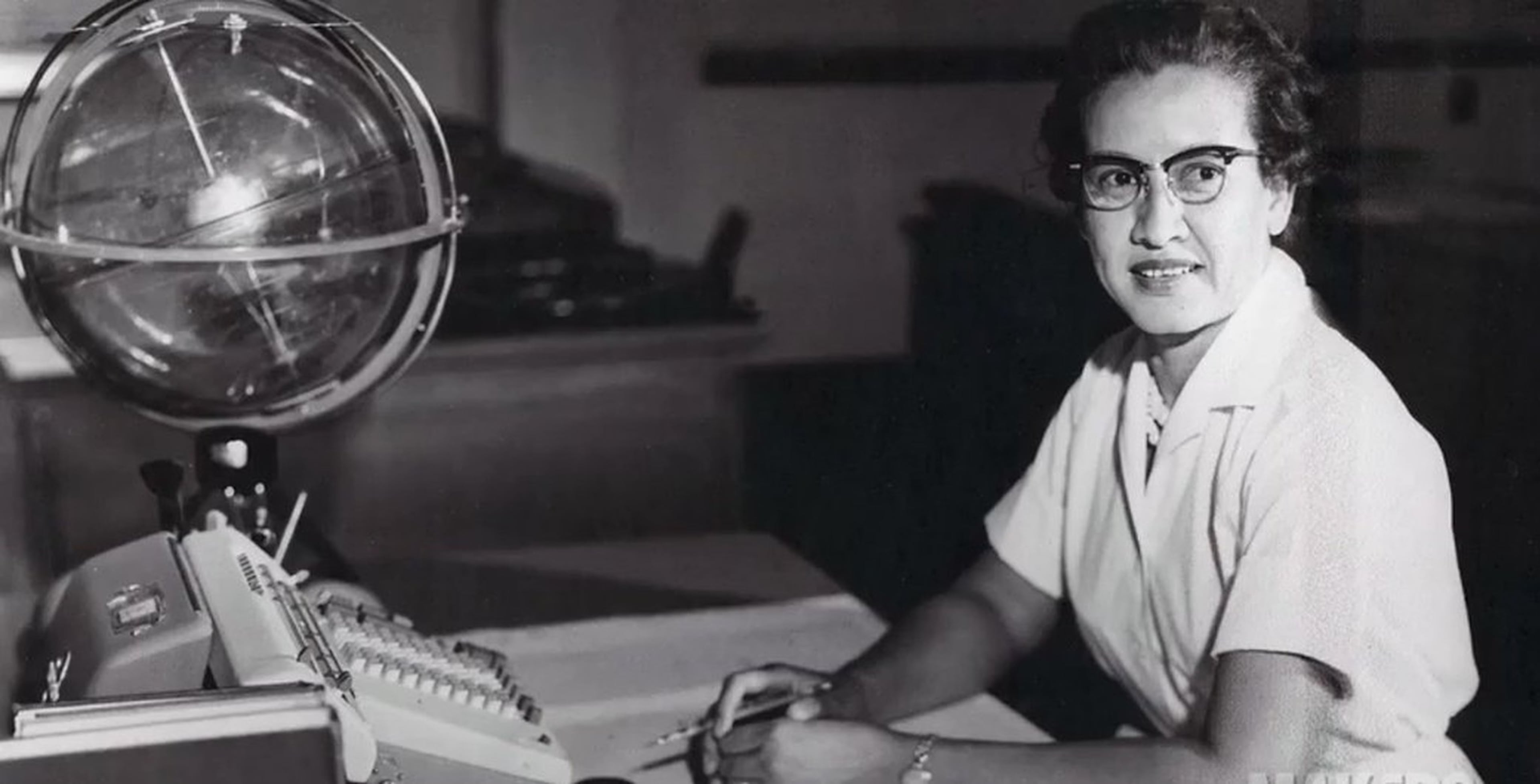Katherine Johnson: The ‘hidden figure’ key to NASA’s early missions
During the 2017 Academy Awards ceremony, Octavia Spencer, Janelle Monae and Taraji P. Henson, stars of the Oscar-nominated, Atlanta-filmed “Hidden Figures,” took the stage to announce the nominees for best documentary.
With them was a star beyond compare: Katherine Johnson, portrayed by Henson in the film about African-American women who faced institutional racial and gender barriers as they performed roles vital to launching NASA's early missions. The crowd rose for a roaring ovation, some in the audience moved to tears after Johnson's brief remarks.
»MORE: Read AJC Sepia's full Black History Month Series

In 2015, President Barack Obama presented Johnson with the Presidential Medal of Freedom. Last year, NASA christened the new $23 million Katherine G. Johnson Computational Research Facility at the Langley Research Center in Hampton, Va. Clark Atlanta University honored her at its 2017 commencement.
“My purpose was to help as many people as often and as long as I could,” Johnson said in a video clip Clark Atlanta released at the time. A West Virginia native preternaturally brilliant at math, Johnson started high school at age 10 and graduated from what is now West Virginia State University at 18. She worked as a teacher before going to work for the government, retiring in 1986.
Her skill at working complicated calculations essential to space travel was simply unparalleled. As depicted in "Hidden Figures," which filmed at area locations including the Lockheed Martin plant and a hangar at the General Lucius D. Clay National Guard Center in Marietta, astronaut John Glenn (who died in 2016) insisted she sign off before his historic flight.

»MORE: How the Tuskegee Experiment planted seeds of mistrust
But as indicated by the title of the movie, based on Margot Lee Shetterly's nonfiction book, the key contributions Johnson and her colleagues made were largely unknown to history.
Shetterly grew up in Hampton, where much of “Hidden Figures” is set, and Johnson was a longtime family friend.

»MORE: How Rhodes Scholar Alain Locke made people think about black scholarship
“We knew a lot of the people in the community who worked at NASA,” Shetterly said. “It was sort of no big deal. In Hampton, there is NASA, there are the shipyards, the military. It was just kind of a normal thing that a lot of those people were African-American, and a lot were women, and some were both.”
Thanks to her book, and the movie upon which it was based, the historic achievements of Johnson and her colleagues, the late Mary Jackson and Dorothy Vaughan, are hidden no longer. Aug. 26 will be Johnson's 100th birthday.

Throughout February, we’ll spotlight a different African-American pioneer in the daily Living section Monday through Thursday and Saturday, and in the Metro section on Fridays and Sundays. Go to myAJC.com/black-history-month for more subscriber exclusives on people, places and organizations that have changed the world, and to see videos on the African-American pioneer featured here each day.


